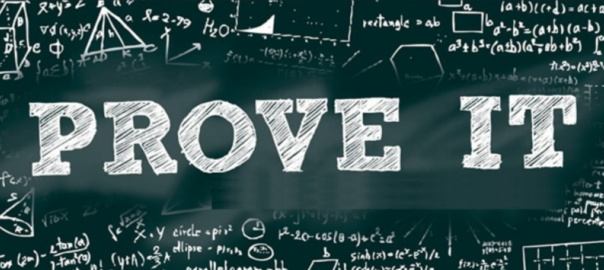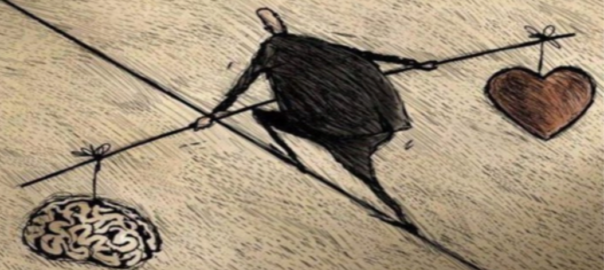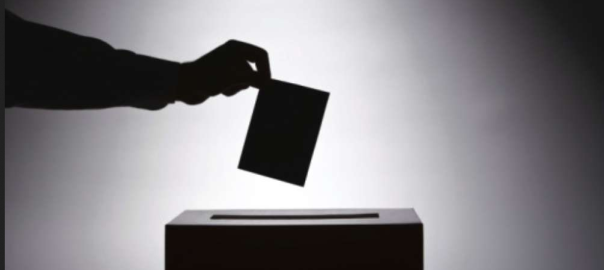
People of conscience and thoughtfulness in both political parties are at a crossroads. The events of January 6th and the recent policies of the new administration are troubling many. The legacy of the previous administration was deeply tarnished and the promises of unity and amicable dialogue of the new folks in Washington are remain unfulfilled. Power and punishment, rancor and reaction dominate the public square and there is utter disregard for any fiscal restraint.
Out of the deep disappointment of this moment is an opportunity for a new determination for people that care about the common good and want all Americans engaged in helping their neighbors flourish. Beginning the week of April 5, I will introduce a nine-part series, “The Way Forward.” I will outline pathways of progress on the most challenging issues of our time. Until then, the focus of this essay and the two that will follow will be on the changes in us that provide the soil from which creativity and innovation thrive.
Here are seven “decide ahead of time” choices that help us face the world with confidence and humility, hope and courage.
- First, we stop lying to ourselves. We must own the areas of self-deceit that capture our hearts and minds.
- Second, with our new found humility, we now own our personal choices and get the help we need so that any lingering victim-hood recedes and is replaced by empowerment.
- Third, while we engage in the political process, we realize that we do not elect messiahs. Some emotional/mental distance from political soundbites will improve our health.
- Fourth, we choose pathways that help us befriend people very different from ourselves and learn from their sufferings and triumphs.
- Fifth, we own our historical narratives – all of them. We reject nostalgia and cynicism and recognize the good and the evil in human hearts and social systems.
- Sixth, we do not wait for government programs to help others in need. Our churches, daily work, local charities, and many other venues offer ways of concretely changing lives.
- Seventh and supremely, we must return to God in awe and reverence and stop making ourselves the center of the universe. When we follow the way of Christ – a life of service that will include suffering infused with love and hope – we find all our best and deepest longings fulfilled.
Will we spend less time scrolling and more time praying? Will we stop reacting with clenched fists and begin responding with open hands? It all begins with each of us and the choices we make each day.




